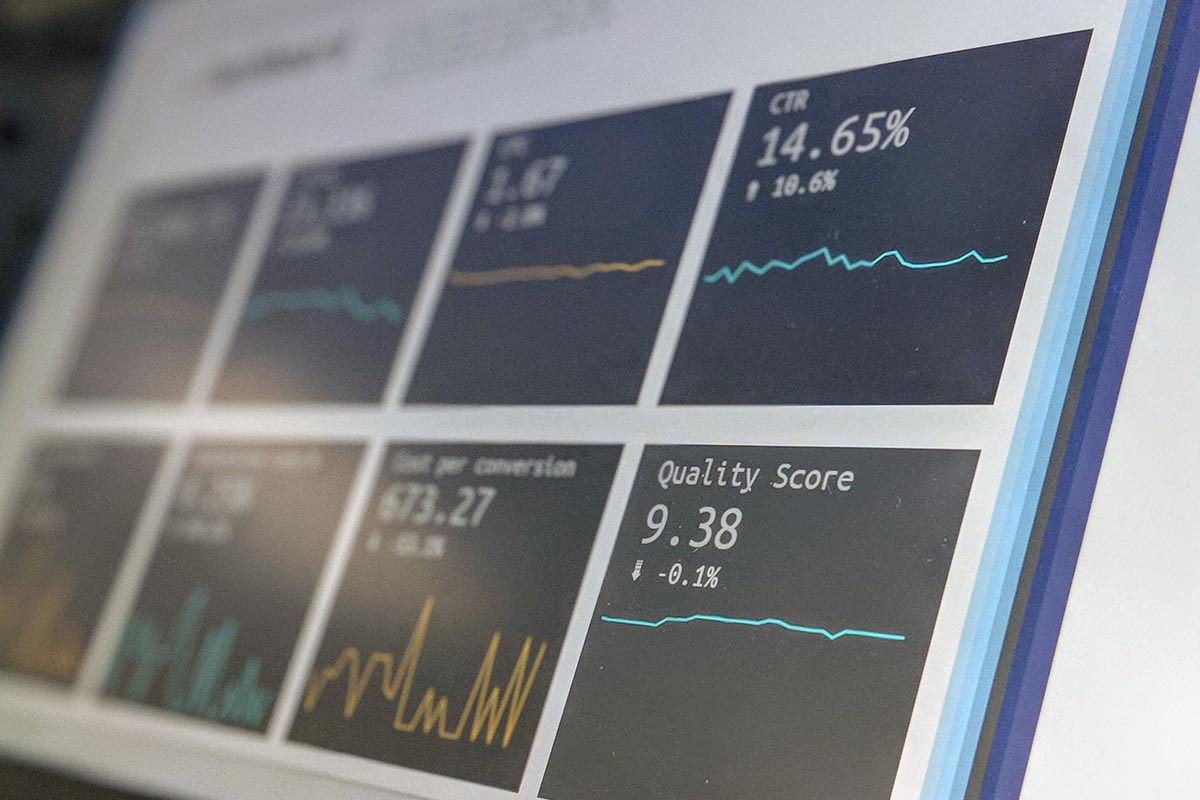Creating a Budget for Your Business
Like your personal household budget, a business budget is essential. With a budget, you can better understand your financial health, plan for the future, and ensure you have enough in your savings to hold you over through off-seasons or emergencies. A business budget is clearly a valuable tool to have in your arsenal, so why don’t you have one yet?
If you’re like many other business owners, creating a budget can be an intimidating task that you can’t seem to sit down and tackle. You’re understandably busy with all the other aspects of running your company. However, creating a budget is not as overwhelming as you might assume. Here are some important things you need to know when creating the business budget that will simplify the process and leverage it to make better business decisions.
#1: Why the Budget Matters
Your business has one overarching goal: bring in profits. However, that’s hard to do if you’re overspending or getting yourself deeper in debt because you’re faced with unexpected costs or hardships. That’s where the budget comes in.
Your budget is a vital aspect of your business management toolkit. With a well-thought-out budget, you can:
- Make better financial decisions;
- Scale growth;
- Create a savings plan;
- Identify expenses that need to be cut or reduced;
- Determine the best time to make major purchases;
- Set pricing that makes sense.
Understanding why you need a budget and how to create one is just as important as comprehending the difference between the balance sheet vs income statement.
#2: Make Sure to Account for Both Fixed & Variable Expenses
It’s tempting to throw all your expenses into one category when starting your business budget. However, this will not give you a clear picture of what to expect month over month. There are two general categories for your expenses: fixed and variable.
What’s the difference between fixed vs variable expenses? Fixed expenses recur each month—this includes costs like rent, utilities, insurance, and payroll for salaried employees. On the other hand, variable expenses can change from month to month based on production—this includes costs such as raw materials, sales commissions, and shipping costs.
It’s important to have a clear understanding of which expenses you can expect every month and which can fluctuate. This will help you better understand how much you’ll need to set aside each month to make sure you can cover all expenses—especially because you’ll often have to spend money to provide products or services before you receive payment for them.
#3: It’s Not a One and Done Task
Creating a budget is not a one-time task. Your budget should be regularly evaluated and updated based on changes in income and expenses. For example, if you change pricing, this will directly affect your income.
Reevaluating your budget can provide you with key insights into weak spots, expenses that are no longer necessary, or changes you need to make in your business’s spending. Not to mention, using an outdated budget that no longer reflects your financial situation can lead you down a path of fiscal insecurity because you’re not making informed decisions based on accurate data.
Make it a habit to redo your budget at least once every quarter to ensure it reflects accurate information that is useful to you.
#4: Always Leave Room for the Unexpected
If there’s one thing we’ve learned in 2020, it’s that you never know what could happen to the economy and your business. While the COVID-19 pandemic is probably the most extreme example of a curveball, it’s still important to plan for unexpected setbacks and additional costs.
While it may leave you with less discretionary income left over to invest back into your business and pay yourself a generous salary, you’ll be glad you put extra money away just in case. You never know when an off month will hit or when extenuating circumstances will put you in a precarious financial situation. Stash away as much as possible in your emergency fund, and you can sleep a bit sounder knowing your business is ready for virtually anything. You don’t want to become another small business closure statistic.
With these tips in mind, you can feel confident going into creating your first business budget. Just remember, taking your time to double-check you’ve accounted for everything and made correct calculations are worth it, as it can save you from unnecessary headaches later.




















